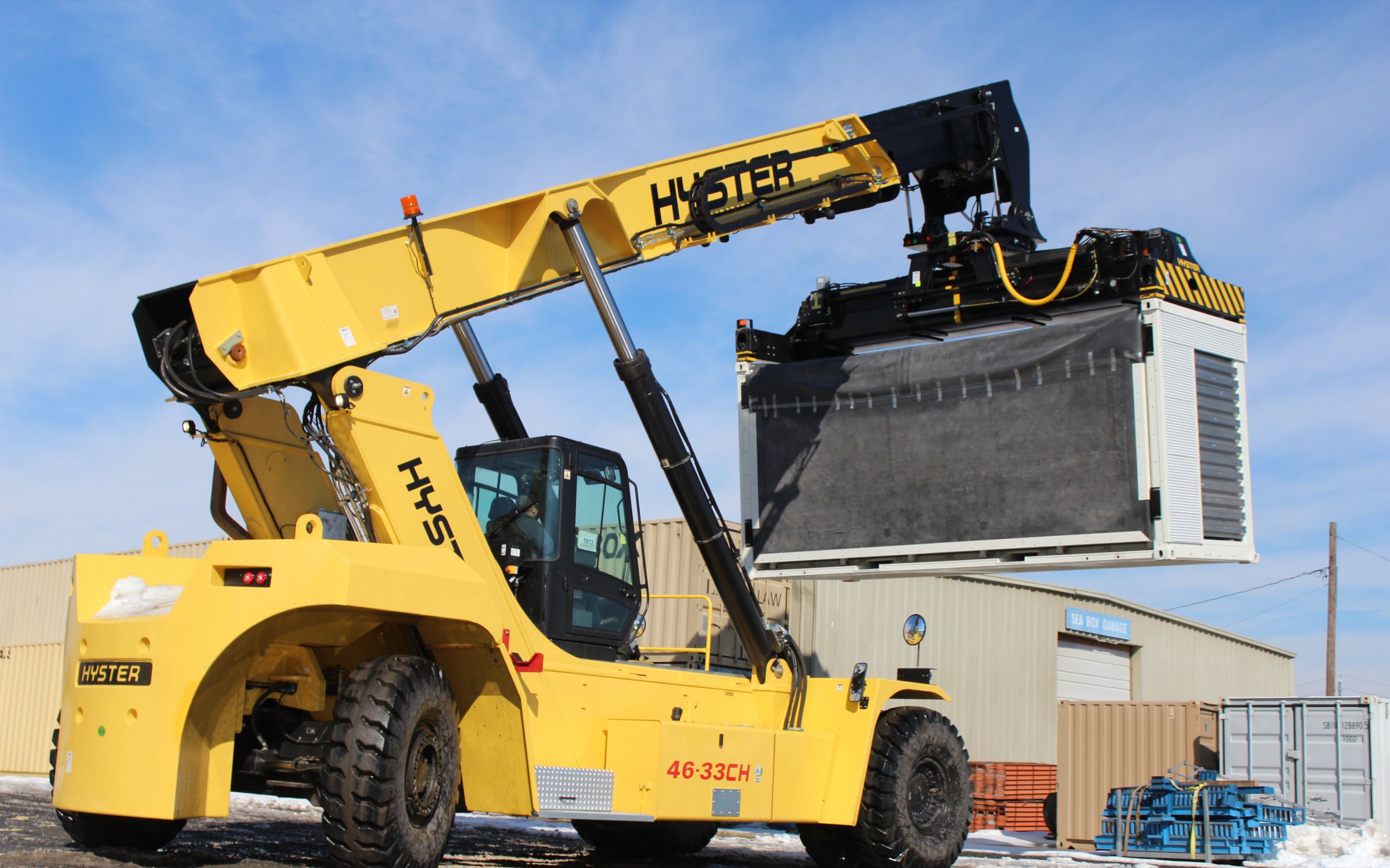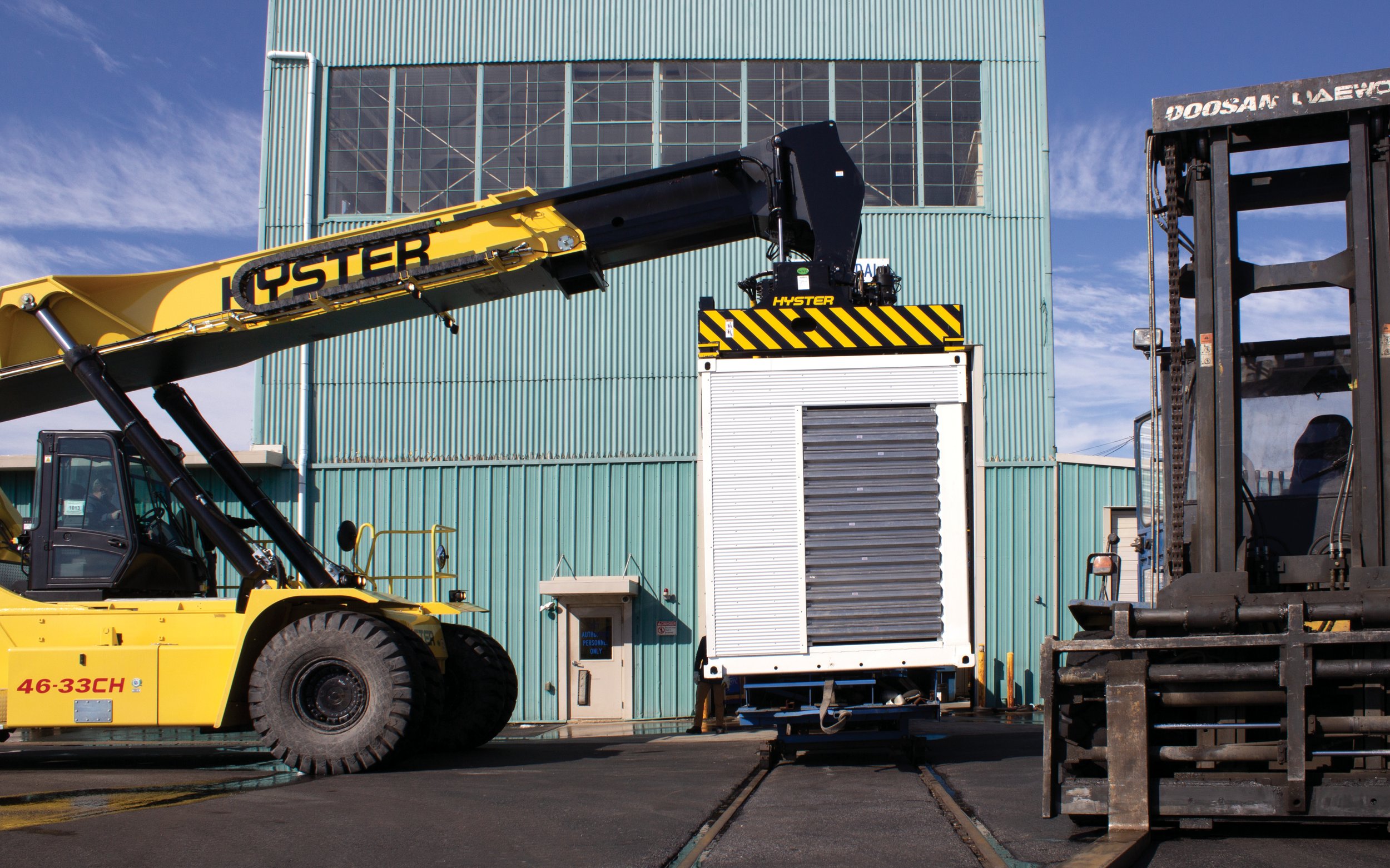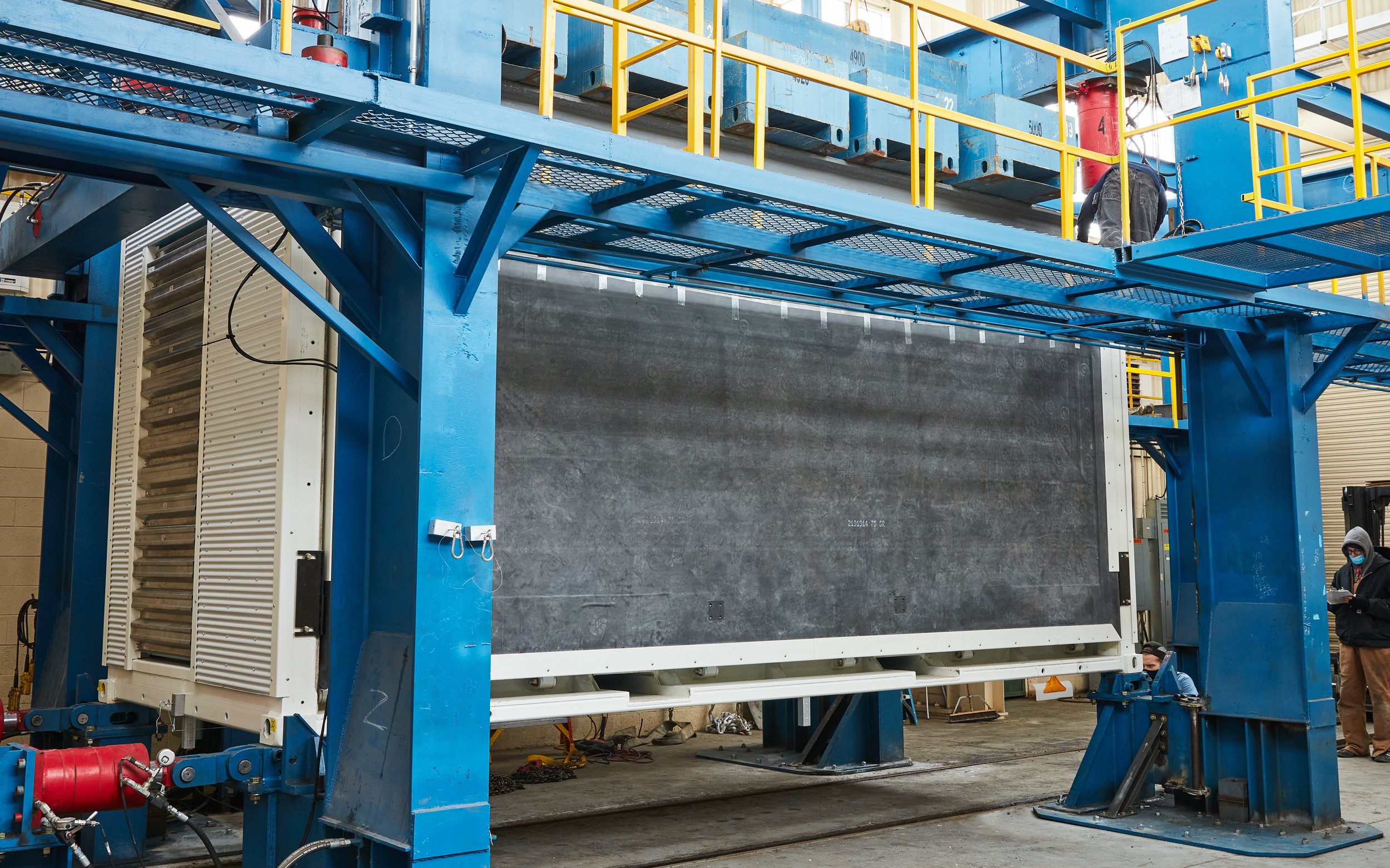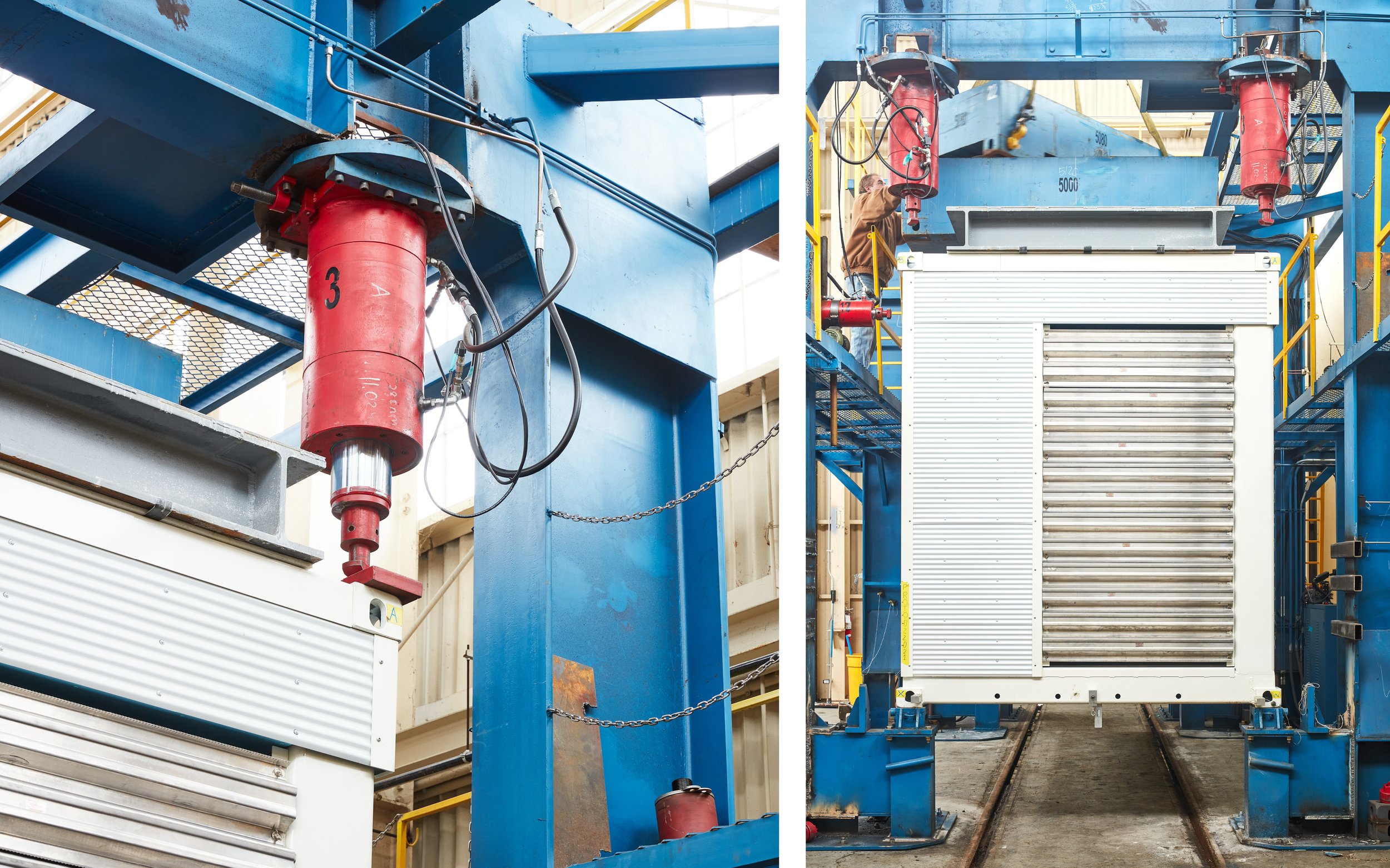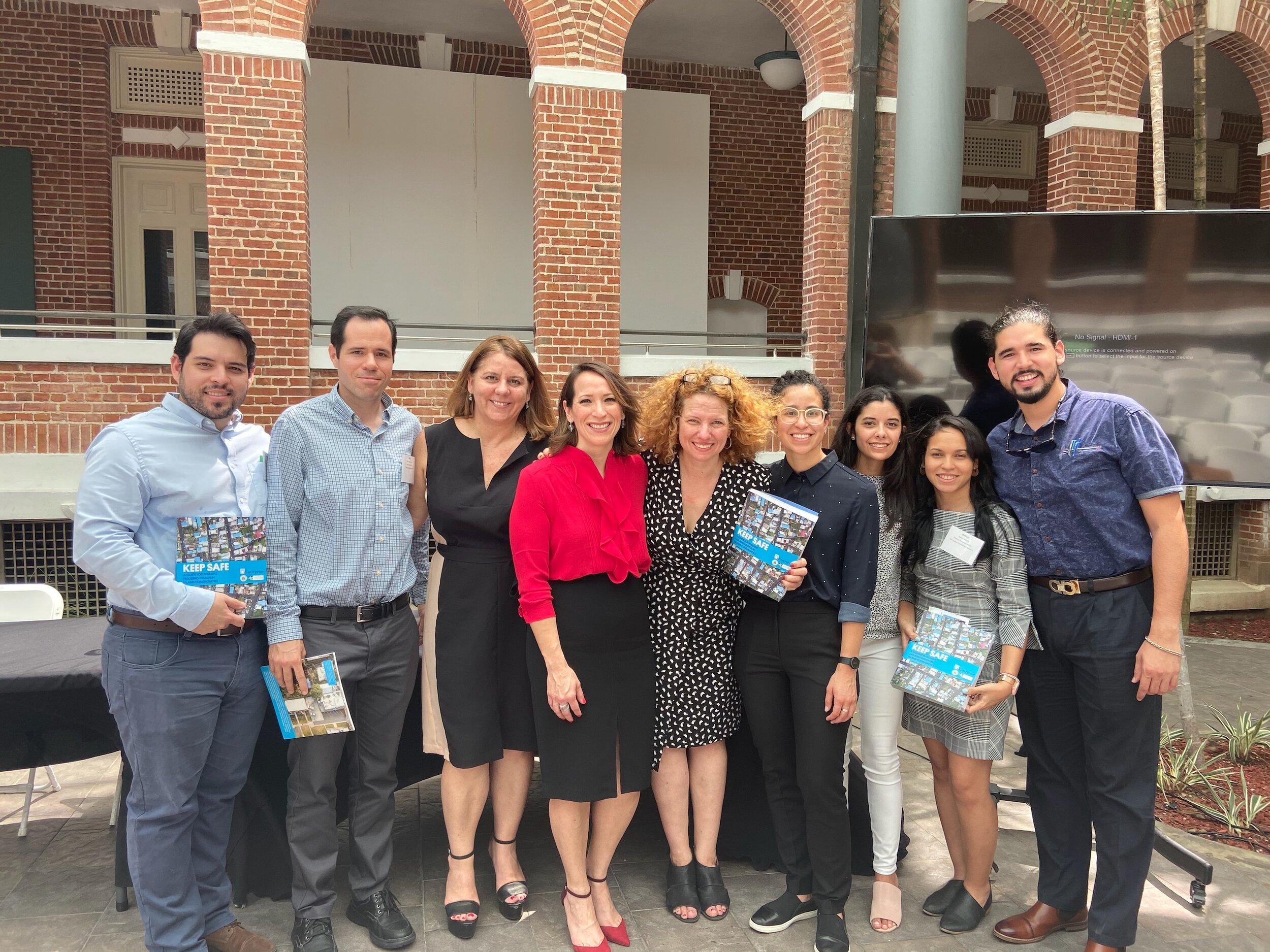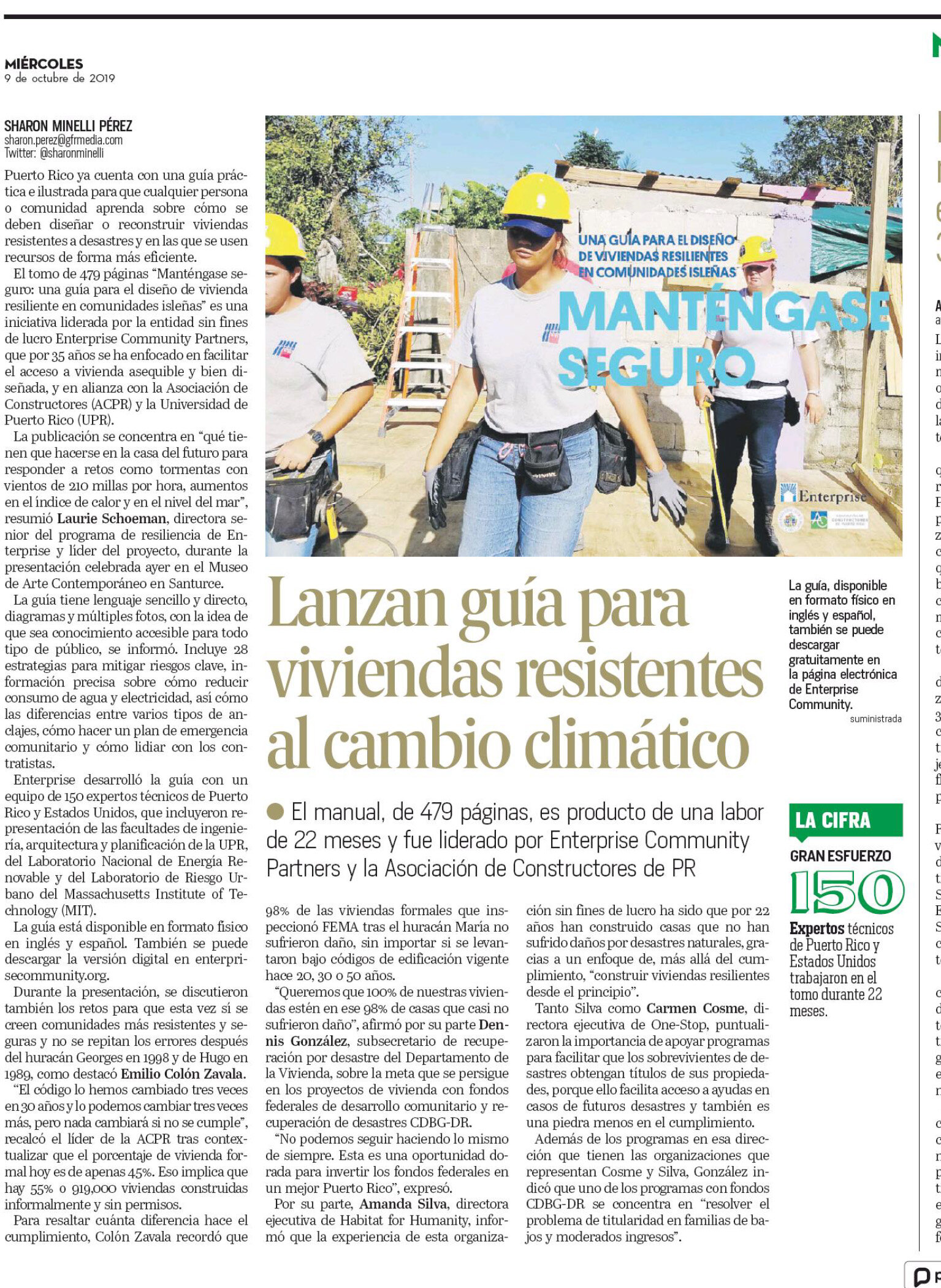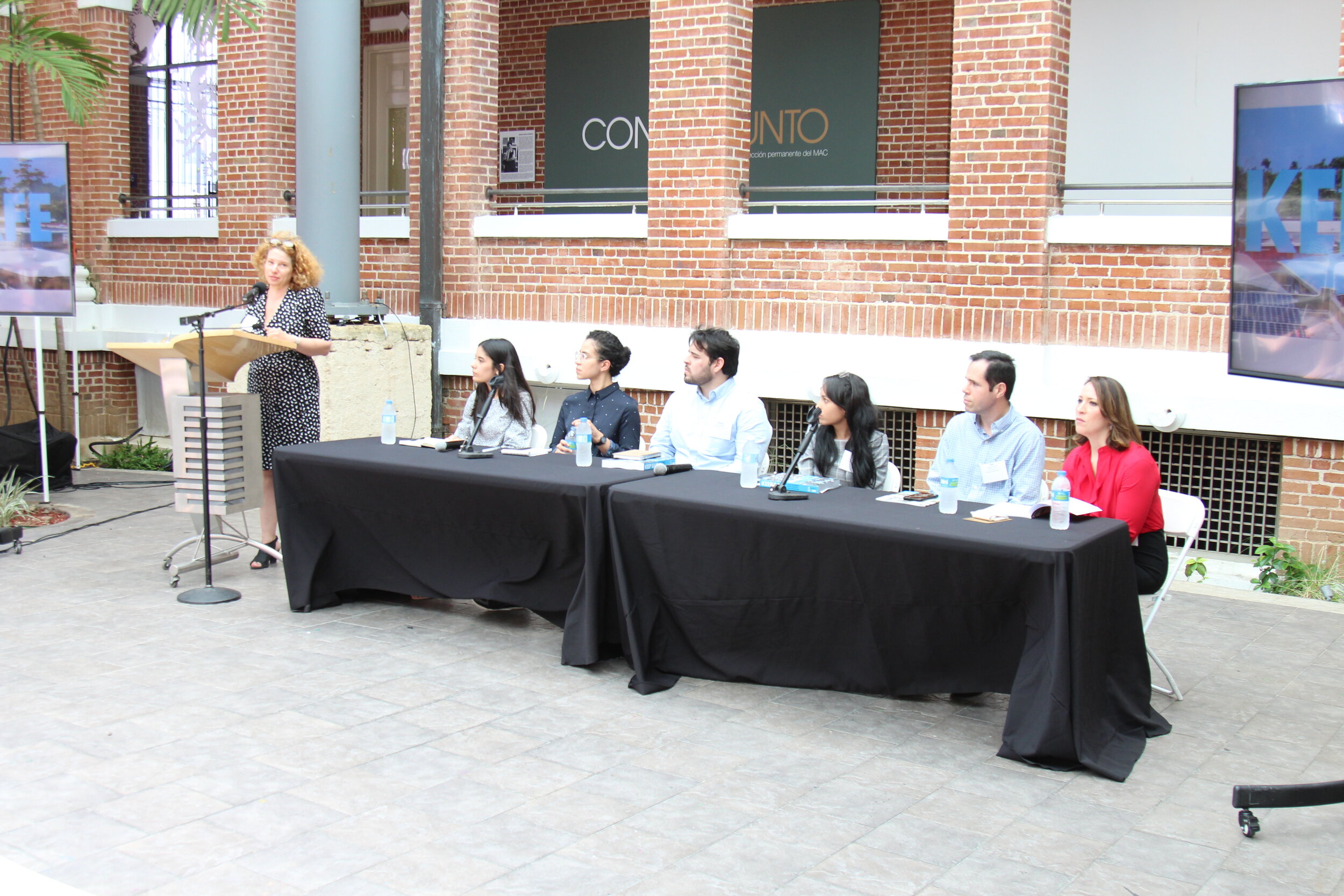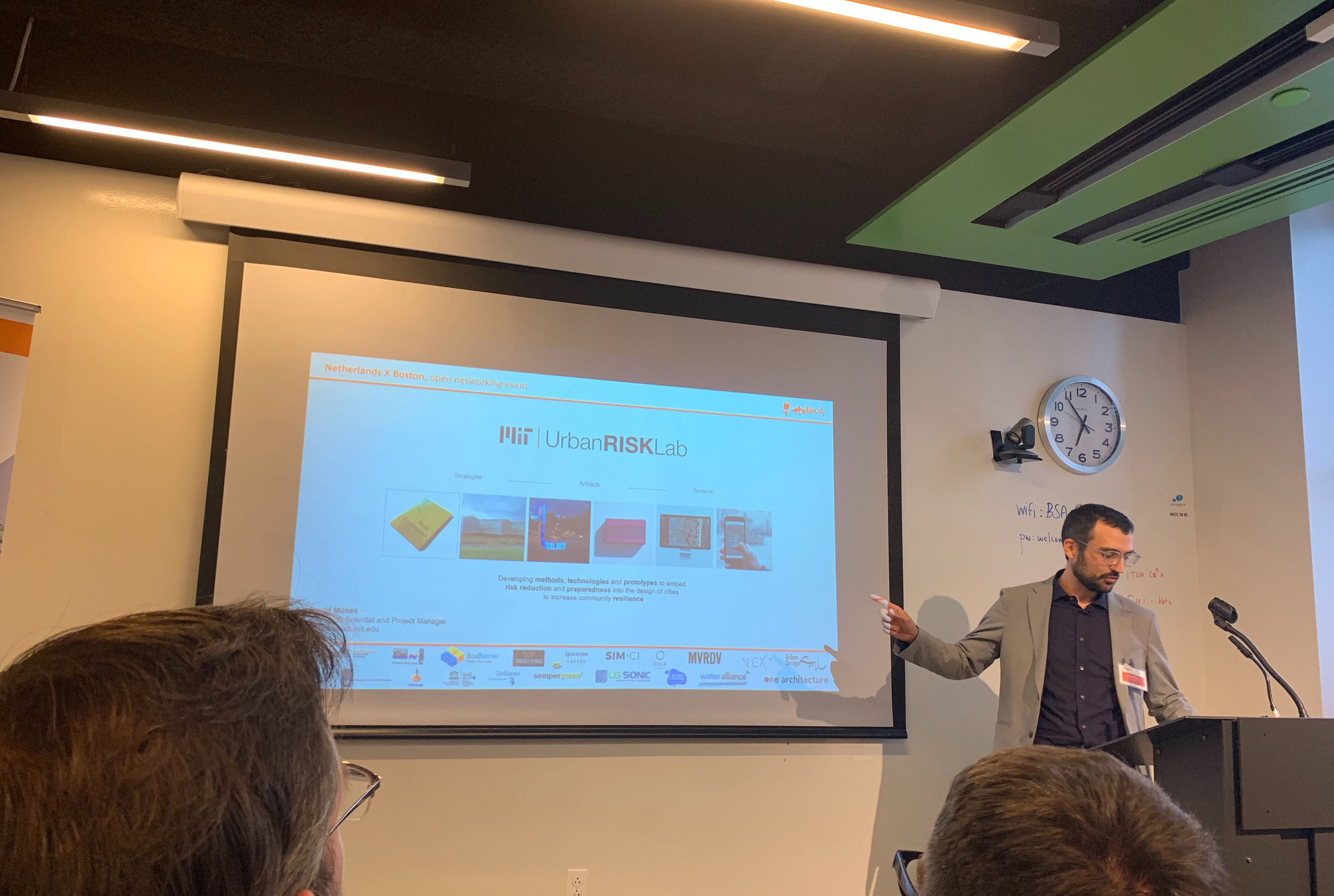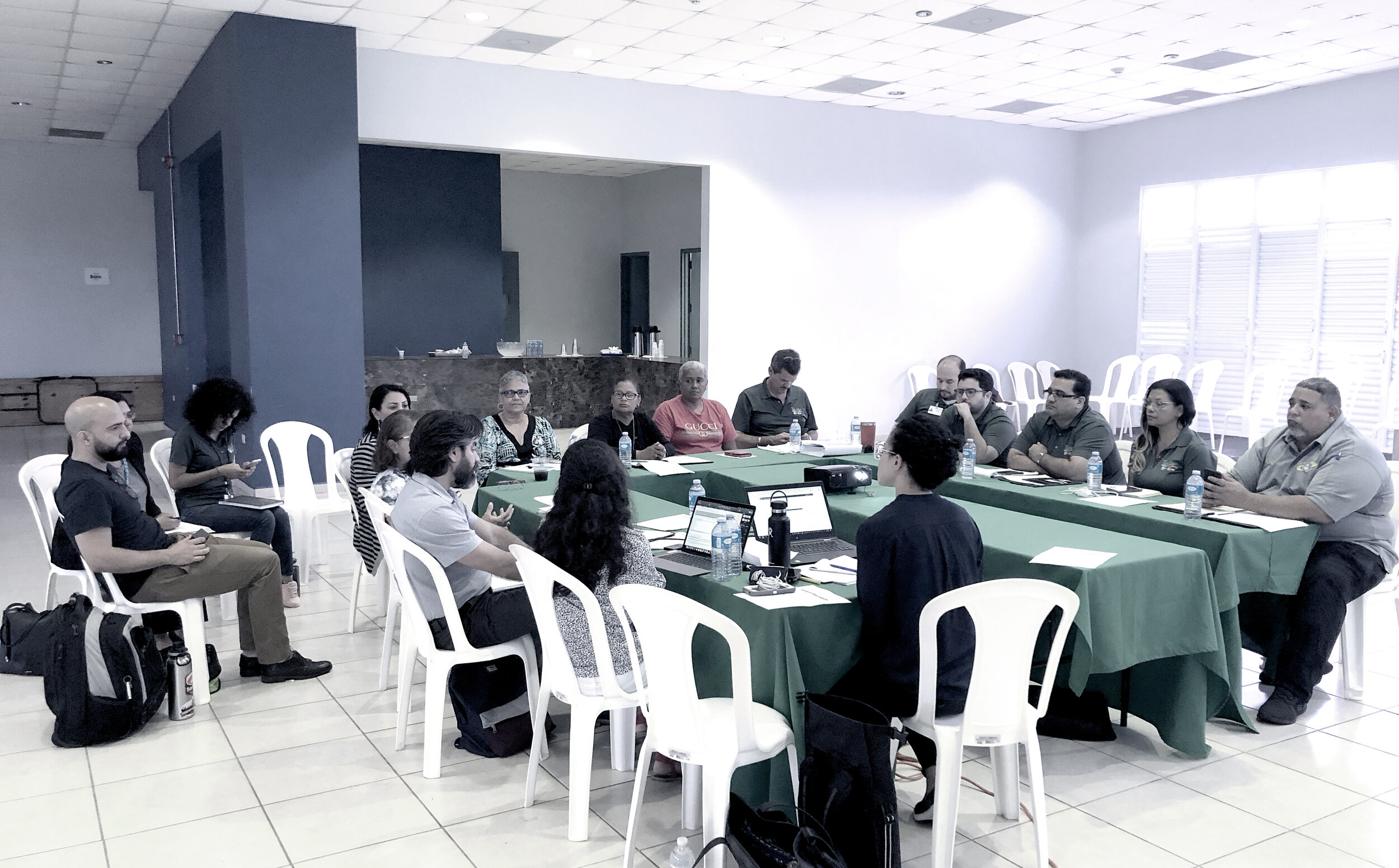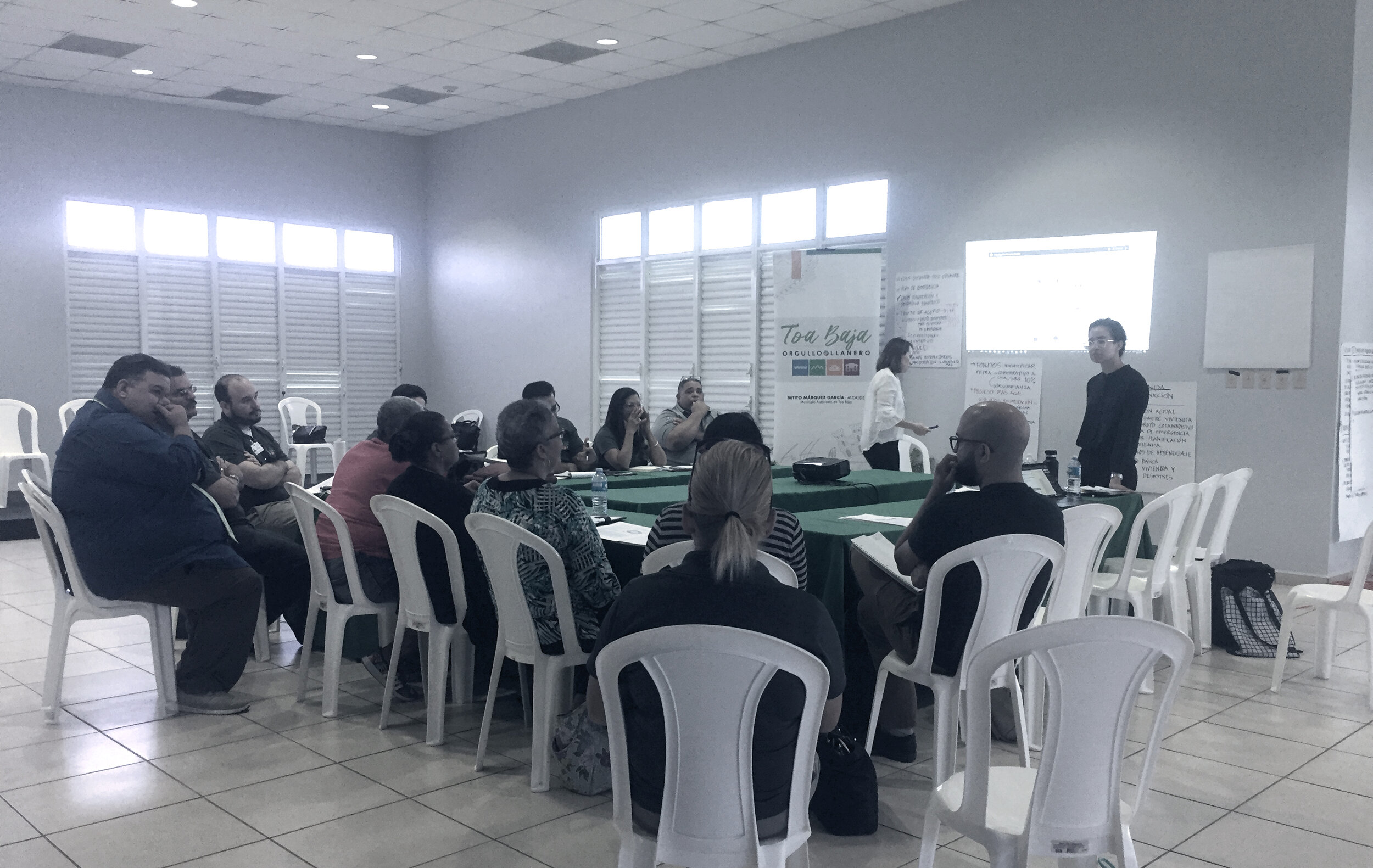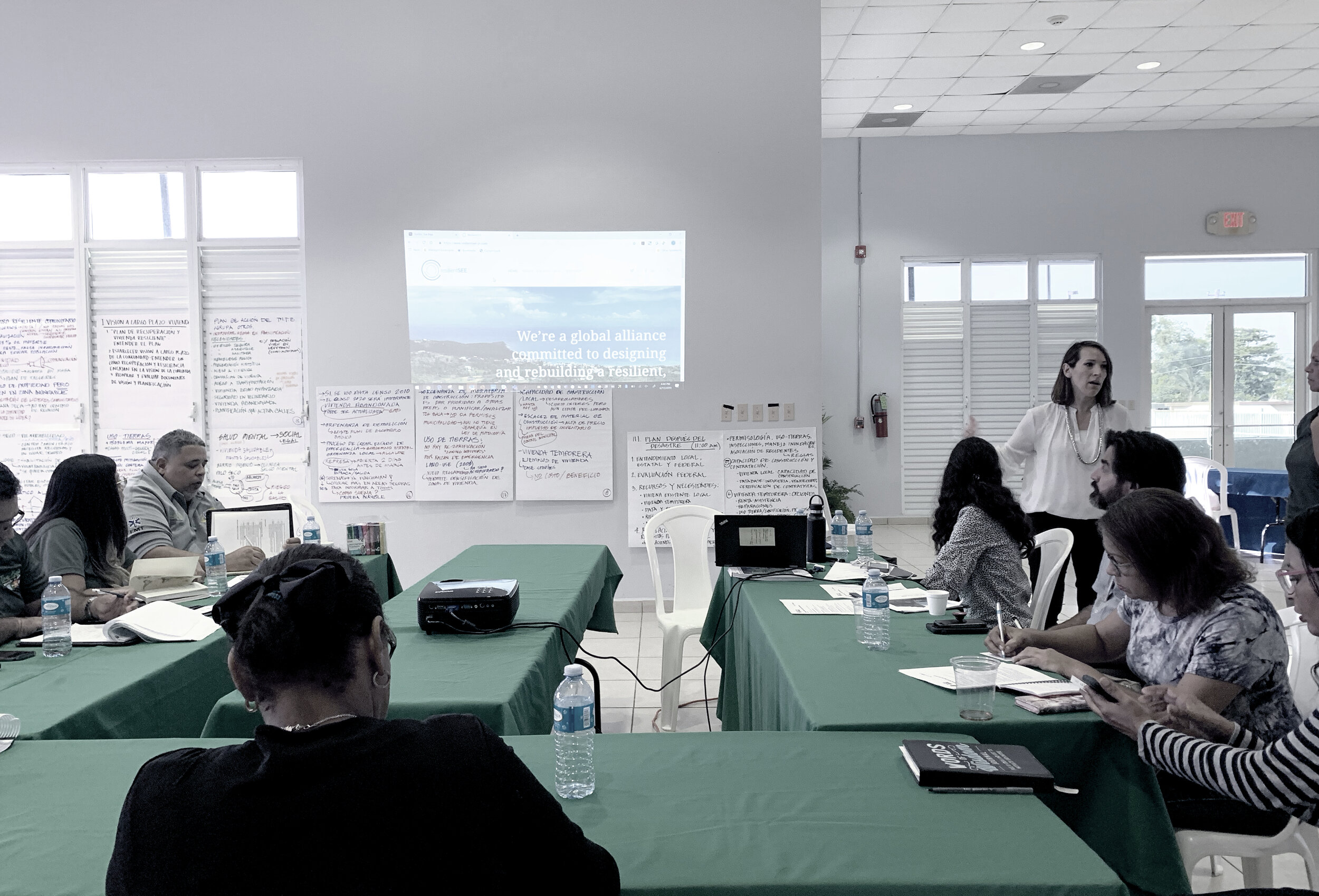February 11, 2021
An important part of the SEED unit design is its ability to travel flexibly through the international container intermodal system as a certified container. This gives it the ability to get to tropical islands as quickly as possible following a disaster to meet the housing needs of disaster survivors. In order to ensure it can travel safely as a container, the units needs to undergo extensive full scale structural testing to simulate common loading experienced by containers on trucks, rail cars, or stacked on a container ship.
Working with Container Testing and Certification, Inc. we developed a specialized testing procedure to use with the SEED prototype that also meets the International Convention for Safe Containers (CSC) requirements. Earlier this week the SEED passed all required tests to be certified to CSC standards.
Thanks to Mark Brennan and Sam Markey Productions for the testing process photos.

